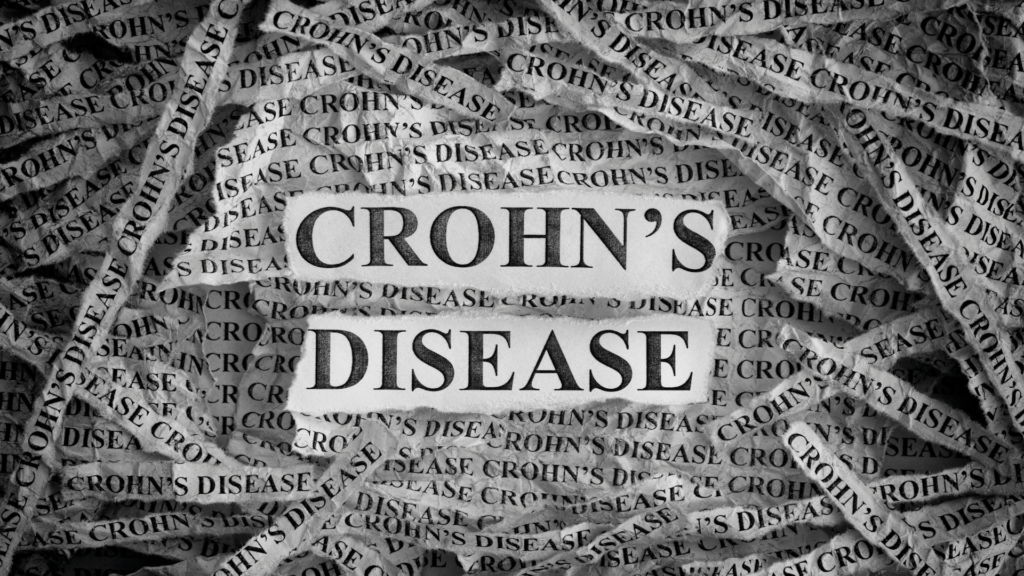Step therapy is a type of treatment in which patients must try and fail on certain medications before their insurance covers a more expensive option. This can be especially difficult for people with Crohn’s disease, as there are often few effective options available, and the disease can be very debilitating.
There are many types of step therapies, but the most common is called sequential therapy. With this type of therapy, patients must try a less expensive medication first and only move on to a more expensive option if the first one fails. This can be a very costly and time-consuming process, as patients may have to wait months or even years to get approval for the more expensive medication. It can also be emotionally difficult, as patients may feel like they are being forced to try medications that may not work.
Step therapy is not always successful in treating Crohn’s disease. Many patients eventually give up on the process and turn to other options, such as surgery. However, for some patients, step therapy can be an effective way to get the treatment they need. If you are considering step therapy for Crohn’s disease, it is important to talk to your doctor about all of your options and to make sure you understand the risks and benefits of each option.
The benefits and drawbacks of step therapy
These will be different for each person. Talking with your doctor to ensure step therapy is right for you is important.
What Are the Benefits of Step Therapy?
The main benefit of step therapy is that it may help you save money on your Crohn’s disease treatment. If your insurance company does not cover a more expensive medication, step therapy may allow you to get the same medication for a lower cost. In addition, step therapy can be an effective way to find the right treatment for your Crohn’s disease. By trying different medications, you and your doctor can find the one that works best for you.
What Are the Drawbacks of Step Therapy?
The main drawback of step therapy is that it can be time-consuming and costly. If you have to try several different medications before finding the one that works for you, you may have to wait months or even years to get approval for the more expensive medication. Additionally, step therapy can be emotionally difficult. Some patients may feel like they are being forced to try less costly medications first, with no guarantee that they will be effective.
It is important to talk with your doctor about the benefits and drawbacks of step therapy before starting treatment. This way, you can ensure that step therapy is the right choice for you.
Alternatives to step therapy
If step therapy is not right for you, other options are available. Surgery is often the most effective treatment for Crohn’s disease, but it is not an option for everyone.
Other treatments include:
Medications
There are many different medications available to treat Crohn’s disease. Some of these medications can be taken orally, while others must be given through an IV.
Diet
Some people with Crohn’s disease find that certain foods trigger their symptoms. Avoiding these foods can help to control the disease.
Supplements
There are a number of supplements available that may help to treat Crohn’s disease. These include omega-3 fatty acids, probiotics, and vitamin D.
It is important to talk with your doctor about all of your treatment options before making a decision. This way, you can find the best treatment for you. Before trying out this type of therapy and other types of medication, consult your doctor first. This will save you money and will make you feel even better.

